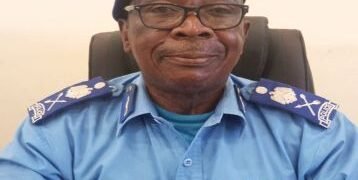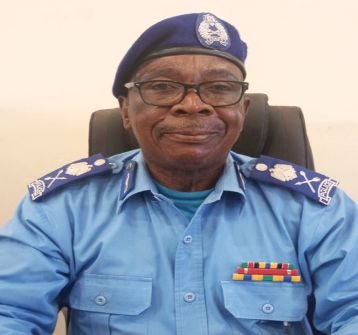The South Sudan National Police Service has reported a successful joint operation against notorious youth gangs in the capital Juba, announcing the arrest of 30 suspects in the Gumbo suburb.
The police security updates issued on Friday, however, comes amid serious allegations from lawmakers and families that the crackdown is being used as a cover for forcibly conscripting young men into the military and deploying them to conflict zones.
According to a security updates issued by police spokesperson, Major General James Monday Enoka, a joint operation in “sector 6” arrested 30 individuals, including four women.
Enoka said the suspects are believed to be part of the “Niggers/torontos” gangs responsible for a surge in violence, including theft, robbery, and gang rape of teenage girls.
Police reportedly recovered a rickshaw used for the suspects’ movements, five stolen goats, and a number of knives and pangas used in their crimes.
The police spokesman also noted that the suspects were found to be consuming drugs to “stimulate them to commit their crimes.”
“The security situation in Gumbo has improved as the operation is going on very well,” Enoka stated, thanking the local community for their cooperation.
He added that similar operations are underway in all 10 states and three administrative areas, and as a result, the crime rate is “decreasing.”
However, these recent arrests are part of a broader crackdown that has drawn sharp criticism.
According to previous reports, lawmakers and families have accused security forces of using the operation to forcibly conscript young men into the military.
National MP Samuel Buhari Loti, representing Torit, told parliament on Monday that detainees unable to pay hefty bribes are being transported to training camps in Upper Nile State, a region embroiled in violent clashes.
Families have reported being asked to pay between 100,000 and 500,000 SSP to secure their children’s release—a sum far beyond the reach of most.
James Karlo, a father whose 16-year-old son was arrested and reportedly sent to a conflict hotspot, told Radio Tamazuj that police at the station informed him his son had been “transferred to Nasir as part of a government initiative.”
Police spokesman Enoka defended the crackdown, stating, “We are not arresting random youths. Those with evidence against them face legal processes; innocent ones, like students, are released.”
He categorically denied accusations that detainees were being sent to conflict zones.
While these accounts of forced conscription could not be independently verified, multiple reports from families, officials, and activists suggest a pattern of disappearances following arrests.
South Sudan’s laws and international obligations clearly prohibit forced recruitment into the military and the conscription of minors.
Major General Enoka concluded his security updates by appealing for continued public cooperation and vowed that the arrested suspects would face justice in a court of law after the police investigation is complete.
Local human rights organizations, however, continue to call on security forces to disclose the whereabouts of missing detainees.












